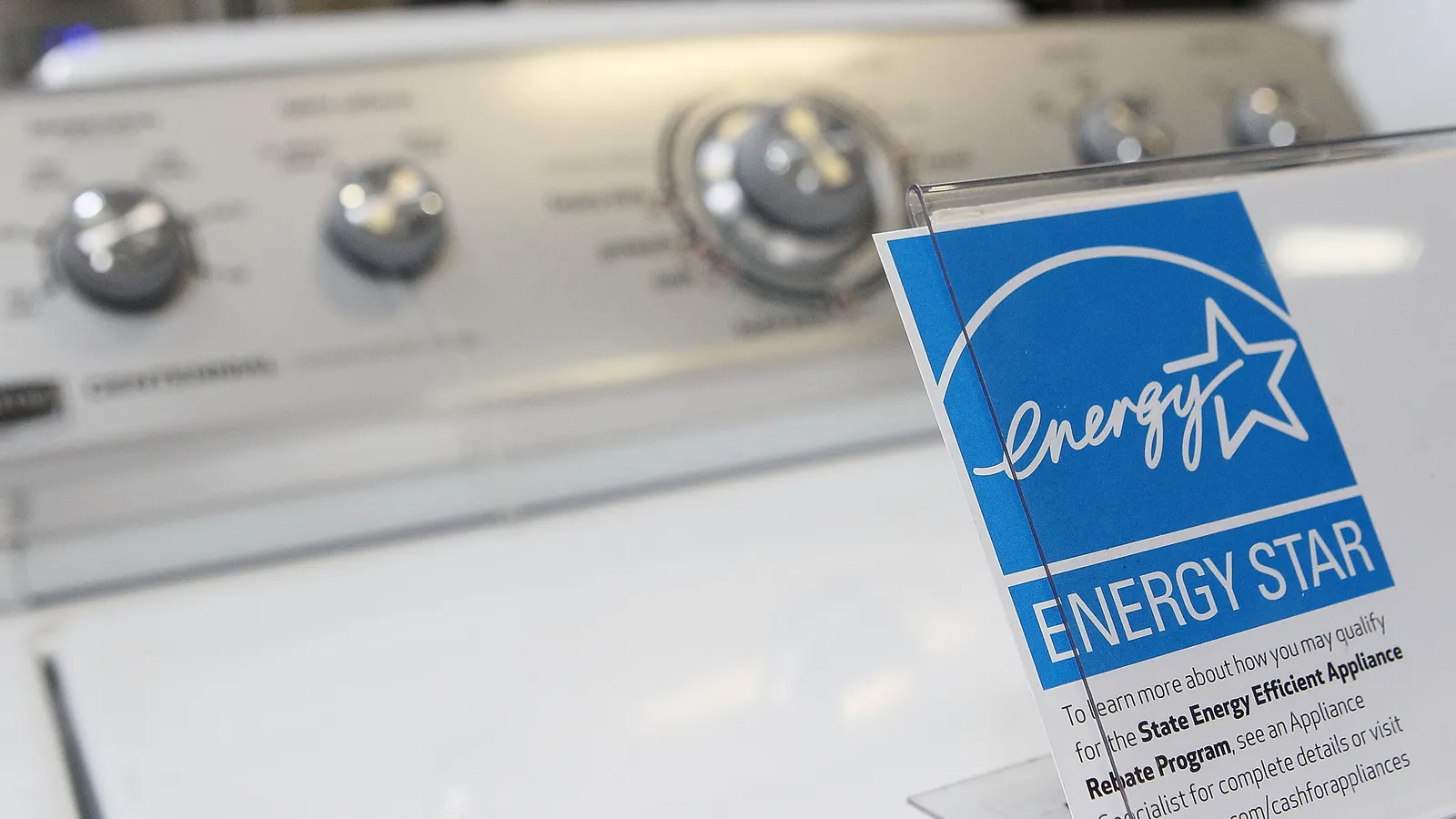The urgency of achieving global carbon neutrality is increasingly tied to the efficiency of household appliances, a critical yet often overlooked factor in climate strategy. Research from CLASP highlights a significant gap between the efficiency improvements necessary to meet carbon reduction goals and the current regulatory frameworks in place, particularly in the U.S. This disconnect raises concerns about the adequacy of existing policies, which may not align with the ambitious targets set by climate scientists and advocates. As appliances account for a substantial portion of energy consumption, their efficiency directly impacts overall emissions, making it imperative to address this issue comprehensively.
To bridge this gap, CLASP advocates for more stringent efficiency standards and policies that prioritize innovation in appliance technology. By enhancing appliance performance, not only can energy consumption be reduced, but significant strides can also be made toward meeting international climate commitments. The implications are profound: improving appliance efficiency could serve as a cornerstone for broader decarbonization efforts, ultimately supporting a sustainable future while aligning governmental policies with scientific recommendations.





